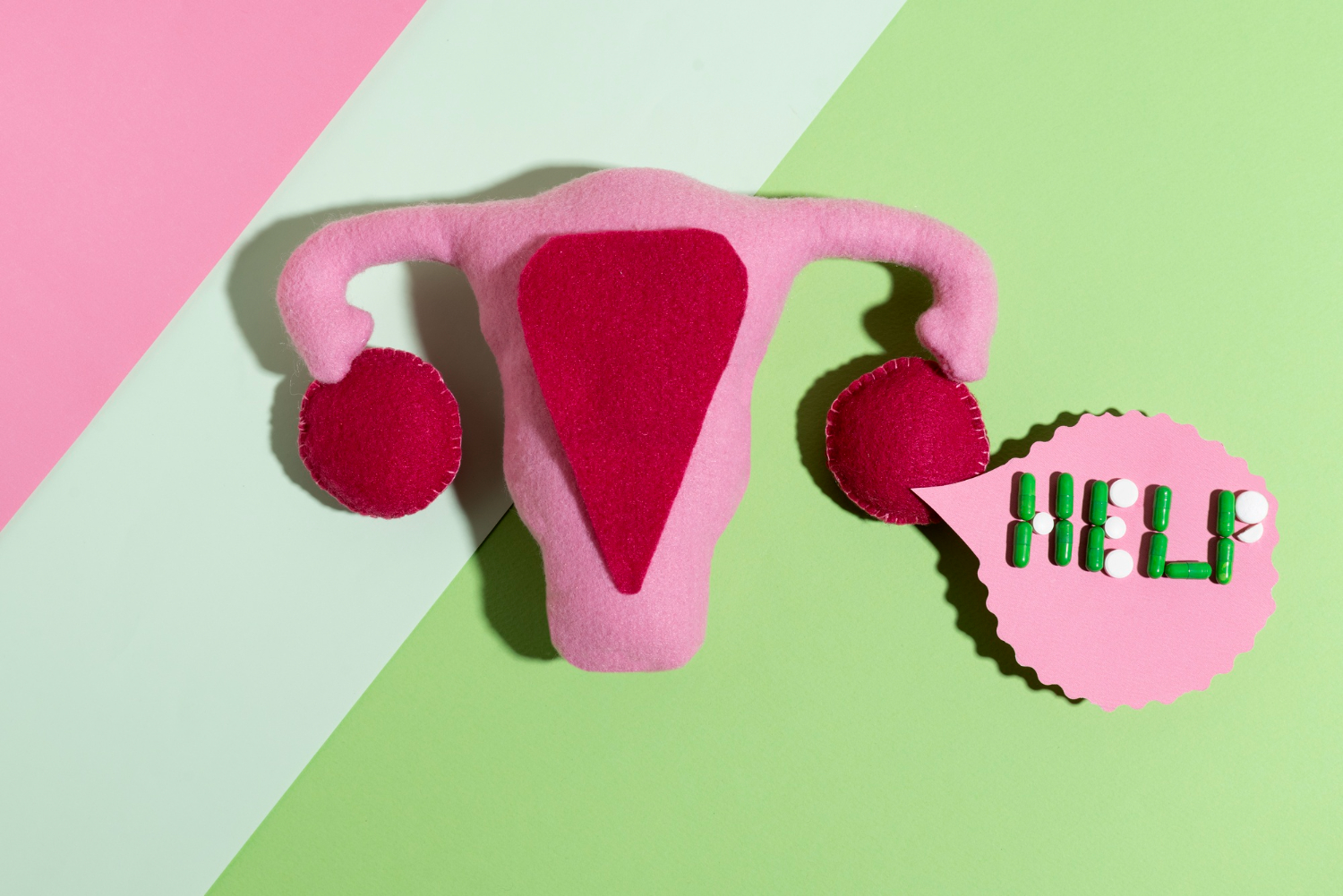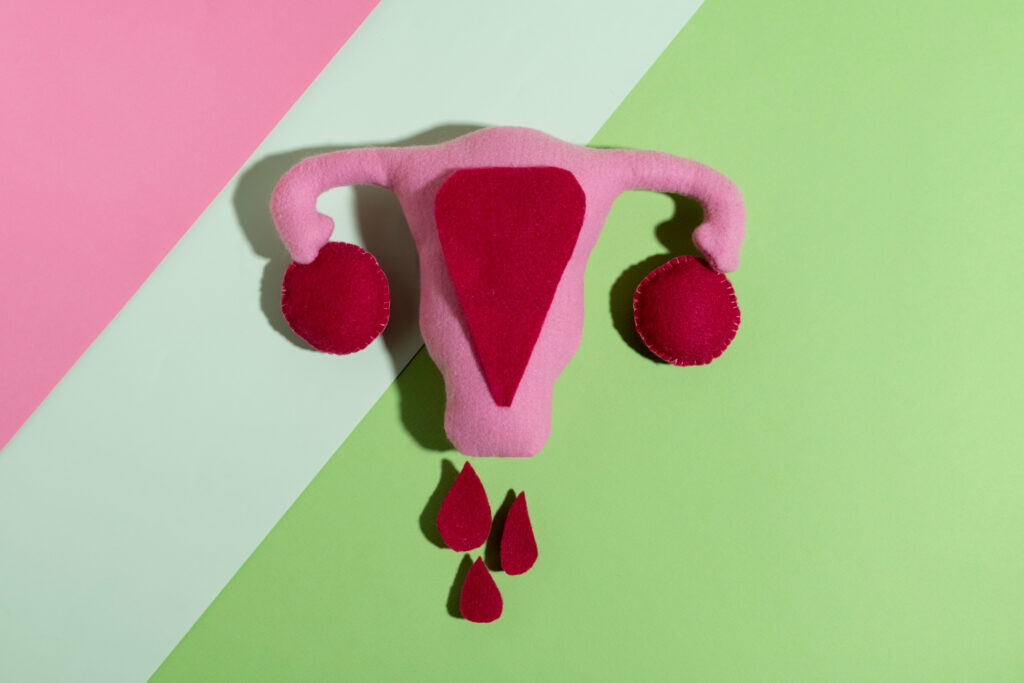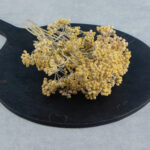
Polycystic Ovary Syndrome (PCOS) is the most common hormonal disorder affecting females of childbearing age and profoundly affects physical and mental health. The condition may present itself through a wide array of presentations, which include but are not limited to the following: irregular menstrual flow, increase in body weight, excessive growth of hair, among other complications such as sub-fertility. Although PCOS does pose a challenge for many women, certain treatments are in place that manage and alleviate its symptoms. This article will do a critical review of treatment methods on the question, is there a cure for PCOS? New insights into medical research and successful strategies come forth in this article, showing ways to increase the quality of life of individuals afflicted with PCOS.
What is Polycystic Ovary Syndrome?
PCOS is a very complex hormonal disorder that has affected thousands of women in childbearing age brackets between 15 and 44 years. It’s characterized by the growth of a number of small cysts on the ovaries. These are small sacs containing immature eggs that grow during the menstrual cycle but fail to mature to be released. This makes ovulation irregular, hence causing menstrual and fertility problems.
Symptoms and Signs of Polycystic Ovary Syndrome
The symptoms of PCOS often vary from woman to woman and may vary in severity. The following are common symptoms of PCOS:
- Infertility
- Excessive hair growth
- Weight gain and obesity
- Acne and skin problems
- Hair thinning or hair loss
- Irregular or absent menstrual periods
Available Treatments for Polycystic Ovary Syndrome
Currently, there is no known cure for PCOS. Available treatments can only alleviate symptoms and do not totally eliminate the condition. However, application of available methods can remarkably manage the condition when done consistently. Because PCOS encompasses a multitude of signs and symptoms, treatment options are varied and often specific to the needs of the individual-be it symptom management, enhanced ovulation, or the regularization of the menstrual cycle. These are broadly classified into the following categories:
- Medical Treatments
The symptoms of PCOS are best managed through medication. The medicines act on a wide range of problems that involve hormonal, menstrual, and insulin resistance mechanisms that include:
- Metformin
Though widely prescribed in the context of type 2 diabetes, it improves insulin sensitivity among PCOS individuals with insulin resistance. In addition to lowering insulin, metformin contributes to a reduction in weight and at times improves cycle regularity and ovulation. A small body of evidence even indicates that the development of type 2 diabetes is retarded by metformin in women with PCOS.
- Combined Oral Contraceptives
These contain estrogen and progesterone. These regulate hormones, menstrual cycles, and reduce androgenic levels, hence alleviating symptoms such as acne and hirsutism along with menstrual irregularities. Its regular use may lower the risk of endometrial cancer in women with PCOS.
- Clomiphene
This is a medication given to induce ovulation in women who want to conceive. It stimulates the ovaries to mature and release an egg. It does not work for everyone, though, and may be used in conjunction with other medications such as metformin.
- Letrozole
This is an aromatase inhibitor that decreases estrogen levels and, therefore, induces ovulation. It is particularly effective in patients who do not respond to clomiphene. Some studies indicate that letrozole may be more effective than clomiphene in inducing ovulation and achieving pregnancy.
- Spironolactone
This is an anti-androgen medication used in minimizing hormonal symptoms related to PCOS, such as excess hair growth and acne. It reduces androgen levels but should not be taken by women contemplating pregnancy due to its teratogenic effects.
- Surgical Treatments
Where all other treatments fail in effecting improvement in ovulation or symptoms persist being serious, surgical interventions can be considered.
- Ovarian Drilling
This is a minimal surgical procedure using a laser or a fine needle to create small holes on the ovarian surface to reduce androgen levels, thus stimulating ovulation. Though temporary, this procedure may re-establish regular ovulation and menstruation in some individuals. This option is often reserved for women unresponsive to medication or seeking pregnancy after failing clomiphene therapy.
- Natural and Complementary Treatments
Management of symptoms of PCOS is also sought by many women through natural and complementary approaches. Most of the approaches involve lifestyle modifications, diet, and specific supplements.
- Weight Loss
A reduction in body weight by as little as 5-10% may significantly reduce symptoms of PCOS.
- Dietary Adjustments
The dietary schedule will include low-carb diets high in fibre that will regulate the blood sugar and increase insulin sensitivity. Healthy sources of proteins include chicken, fish, and legumes; fruits and vegetables; and healthy fat sources such as omega-3.
- Regular Exercise
Symptoms of hormonal imbalances will be reduced by exercises like aerobics such as walking and running, swimming that help decrease resistance to insulin and thus improvement in ovulation, keeping weight in control.
- Herbal and Vitamin Supplements
Certain supplements like saw palmetto extract, vitamin D, and inositol help in alleviating symptoms of PCOS. Of all these, inositol is a special water-soluble vitamin B that efficiently can improve ovulation and regulate insulin resistance.

Complexities towards a Clear Cure for PCOS
Cure development is complicated in PCOS on various counts:
- Variability in Manifestation of PCOS Symptoms
PCOS is a very multisystemic condition affecting metabolism, reproductive health, and even mental well-being; its treatments need to take all these features into account simultaneously.
- Variability in Symptoms
Some patients are very symptomatically hormonal with symptoms such as acne or excess hair; others have metabolic problems. Symptoms vary a great deal, which makes finding a general treatment process very difficult.
- Resistance to Treatment
Some women simply do not respond to current treatments such as metformin or contraceptives, further complicating the effort toward finding a one-size-fits-all solution.
Final Thoughts
While there is no definite cure as yet, a consistent symptomatic management with available methods could definitely help in improving the quality of life in women suffering from PCOS. For the future, ongoing research promises new avenues for innovative solutions in treating this multifactorial disorder.
References
The treatment of polycystic ovary syndrome








No comment yet, add your voice below!